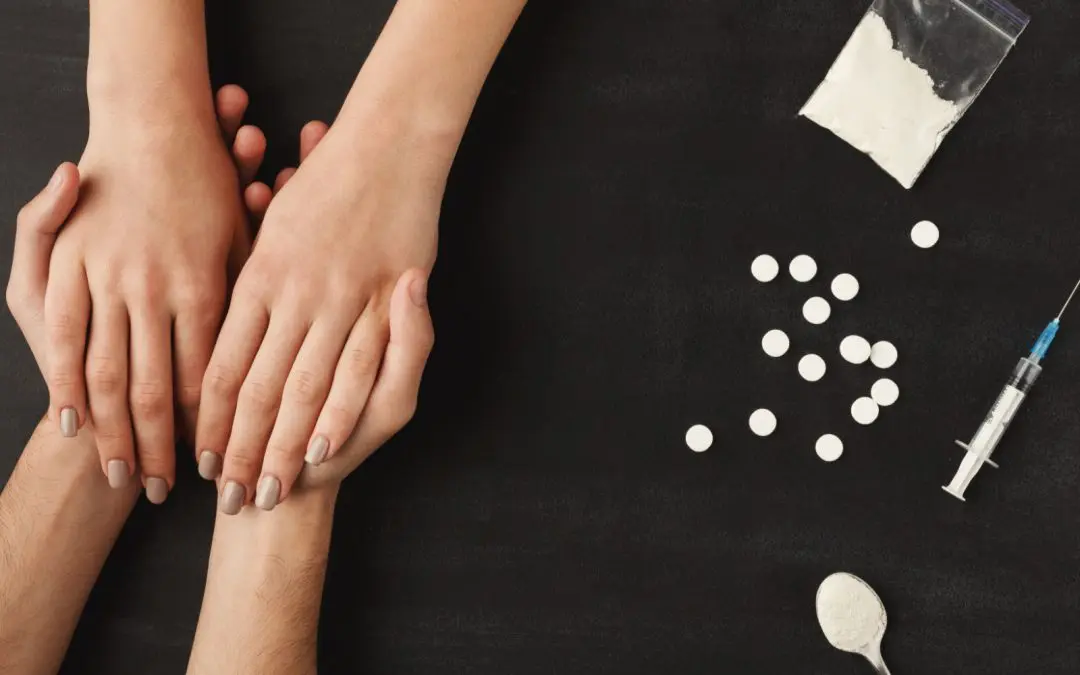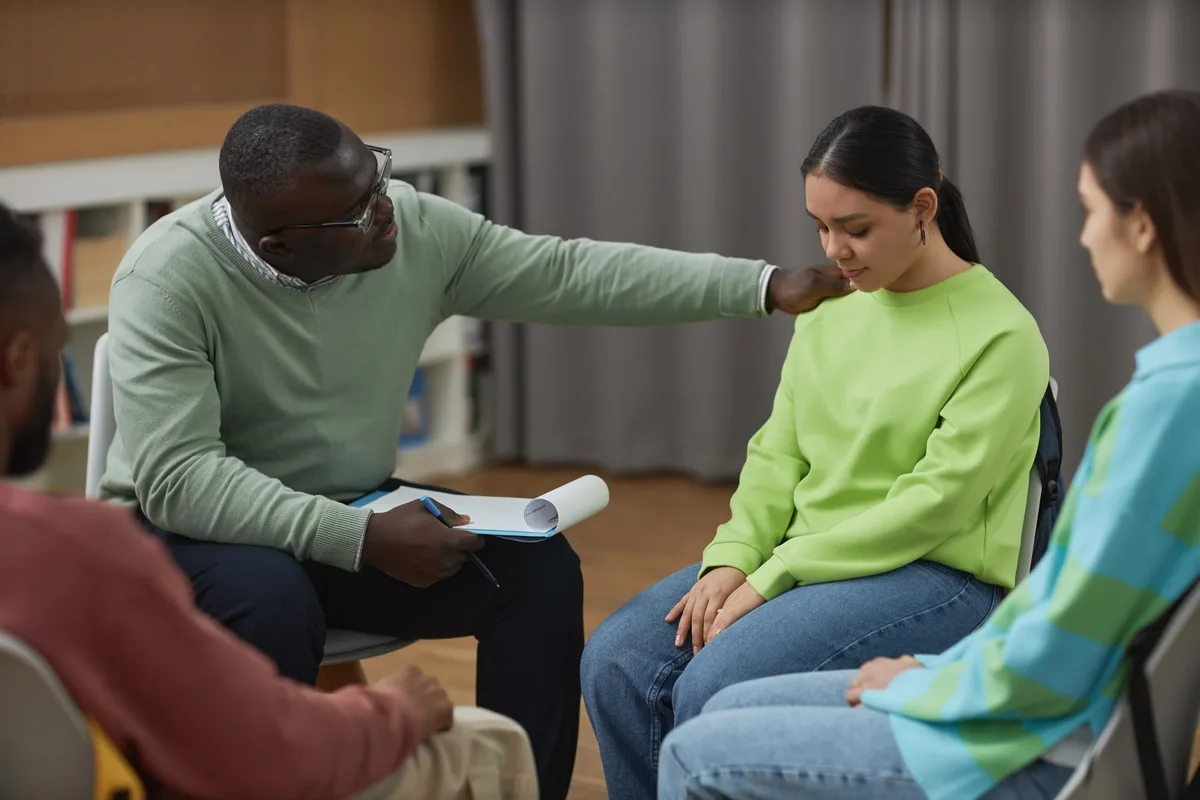24/7 Helpline:
(866) 899-221924/7 Helpline:
(866) 899-2219
Learn more about PTSD Rehab centers in Grifton

Other Insurance Options

Self-pay options

WellPoint

AllWell

Aetna

Health Net

Holman Group

Group Health Incorporated

Humana

Horizon Healthcare Service

Private insurance

MHNNet Behavioral Health

Covered California

Access to Recovery (ATR) Voucher

Ceridian

Absolute Total Care

UnitedHealth Group

Molina Healthcare

CareSource

Carleon

Choice Care Network









WeCare Residential Facility
WeCare Residential Facility is a residential treatment facility for children with mental health issu...



























































































































































































































































